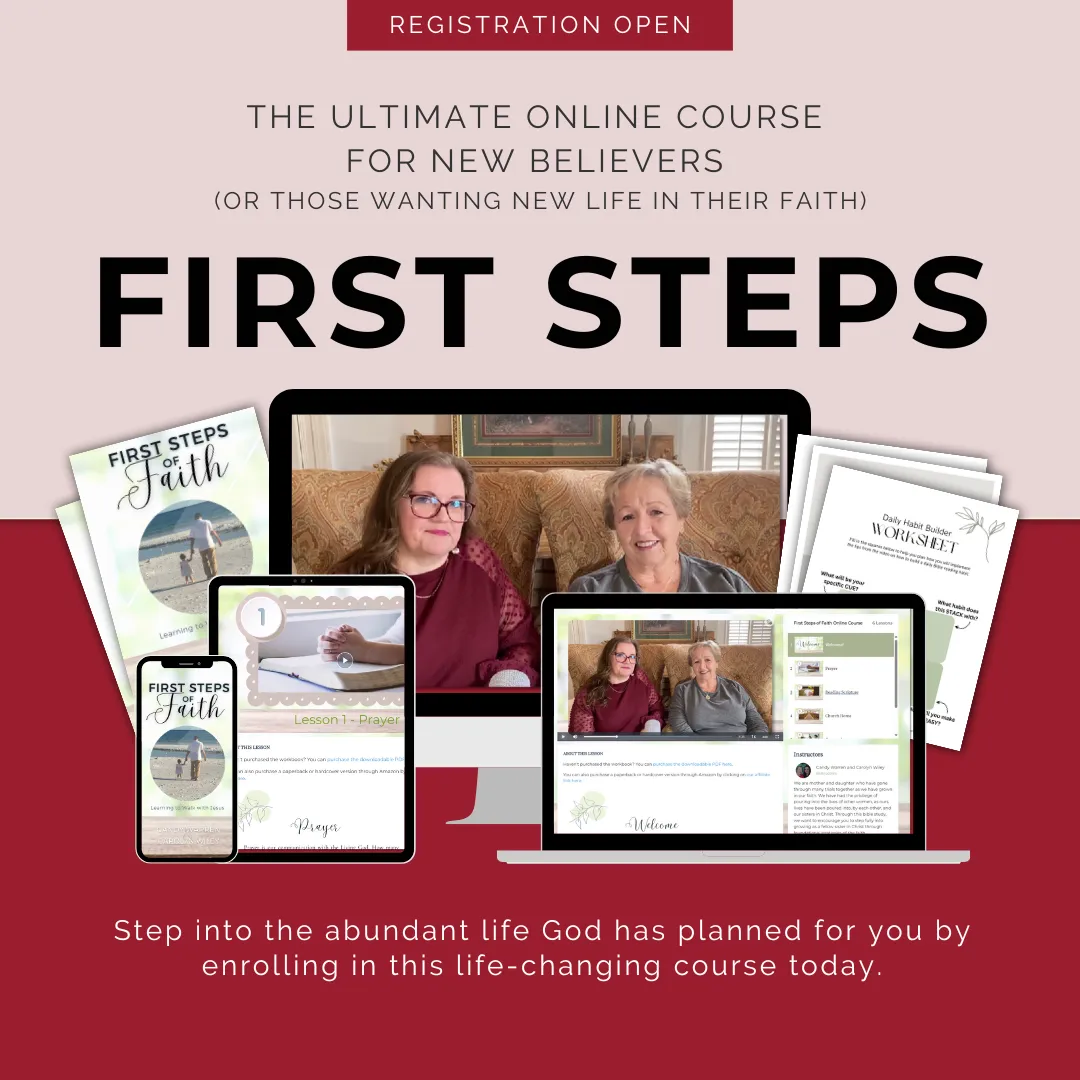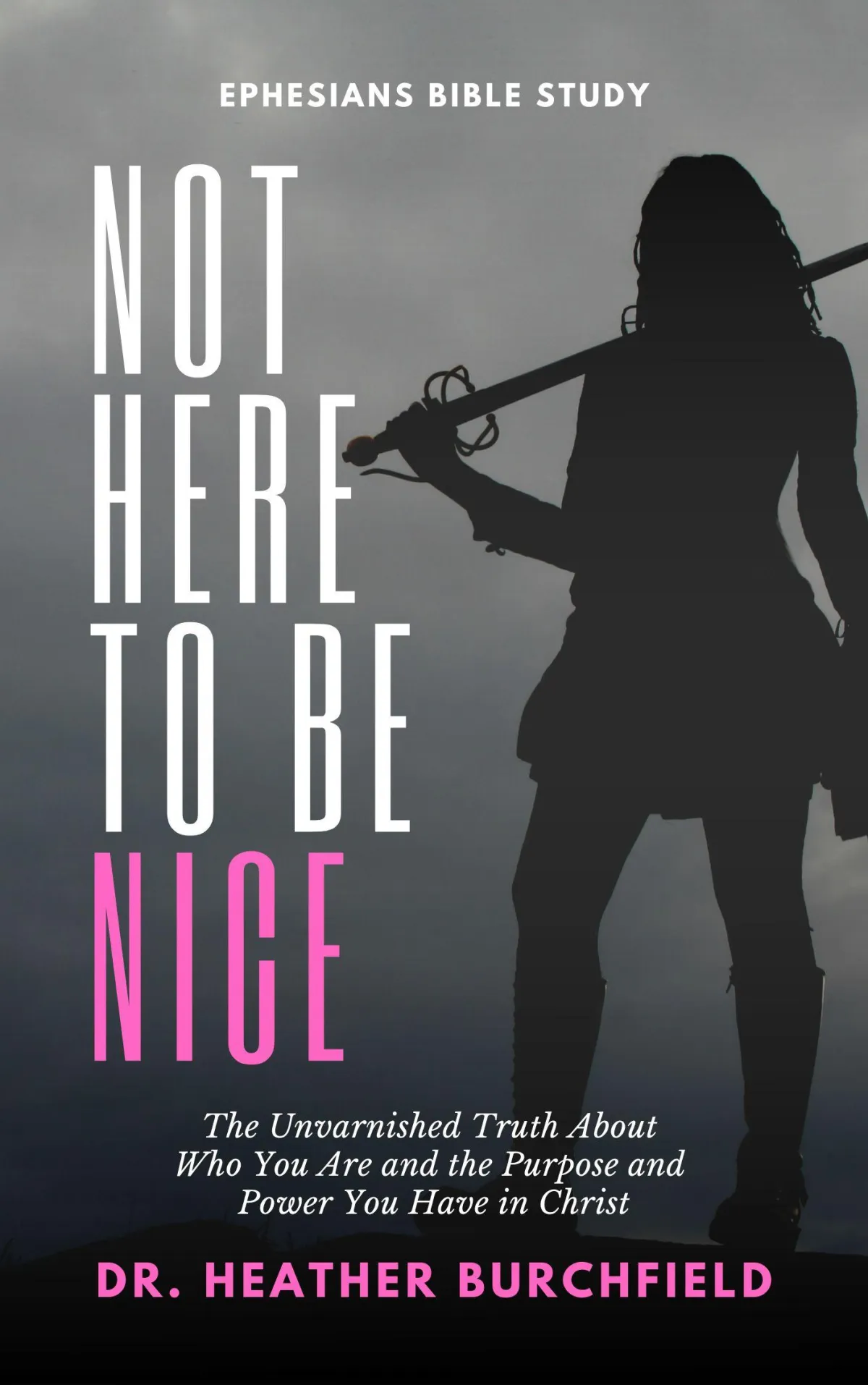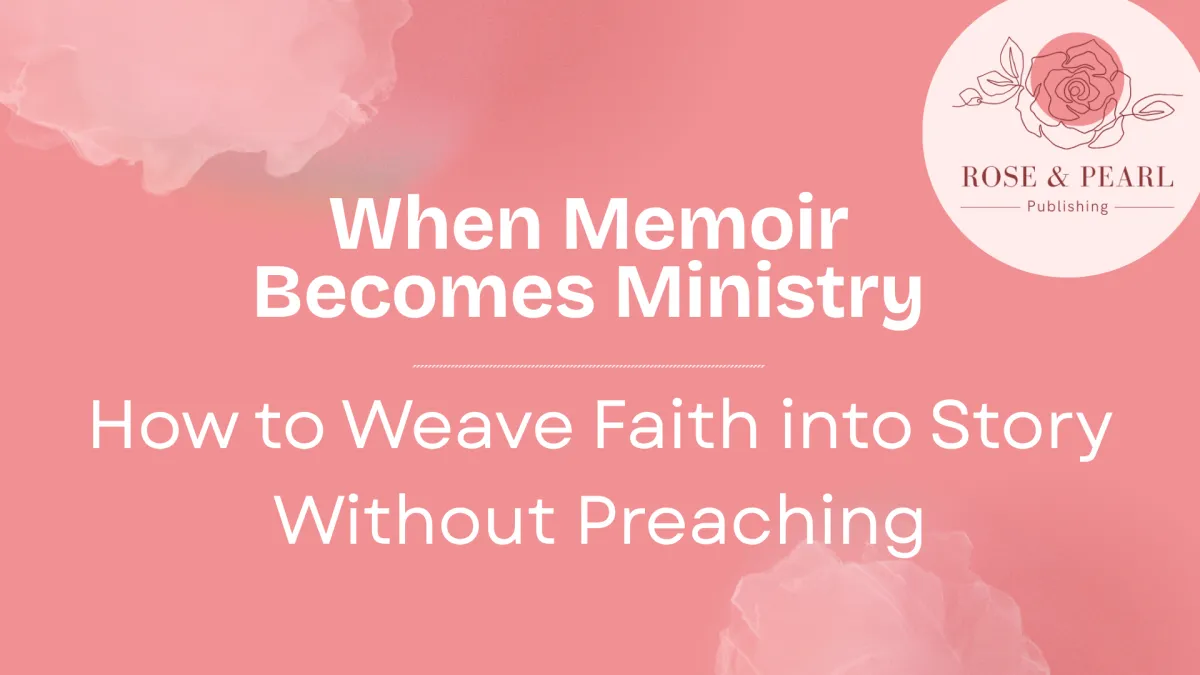
Where women grow under the shelter of the Almighty.
What is The Ruby Tent?
😇Do you crave meaningful connections with other Christian women?
🤗Are you seeking a supportive community where you can grow spiritually and find encouragement in your faith journey?
📖Do you want access to exclusive resources and events designed to uplift and empower you?
If you answered 'yes' to any of these questions, then you belong in The Ruby Tent!
Click below to start your journey with us.
The Ruby Tent is an online learning community for Christian women. We have an interactive online discussion forum, weekly emails, and discounts to our online Bible Studies and books.
Are you a momma heartbroken over your child's rejection of God?
The Ruby Tent was born out of my journey back to faith. I felt God leading me to share my story of redemption from homosexuality. My mom and I faced many struggles during my time of rebellion, but through God’s grace, we learned to heal and overcome our flesh to love each other. This powerful transformation led me back to God, and now we’re using our story to support other mothers whose children have turned away from their childhood faith.
Our signature course, “Love God’s Way,” is designed to bring healing and hope to heartbroken mothers by demonstrating practical ways God calls us to love those who disagree with us, even if they are our adult children. Leading this course live was such a full circle moment for us, as we poured into other moms the lessons we learned, hoping they might avoid the depth of heartache we experienced.
Join us in this course, and experience that hope for yourself!

Have you recently trusted Jesus as your Lord and Savior?
We would love to know!
We also have a small gift for you.

Wondering what steps to take next?
Does your faith need new life?
Have you accepted Jesus as your Savior, but aren’t sure what comes next? Should you start going to church, reading your Bible, praying? How do you even do any of that?
Sister - I got you!
Let me show you the first steps you need to take as you begin your walk with Jesus. Allow me the honor of walking with you and pouring into you as you discover the aspects of faith that will build a solid foundation. Jesus said in Matthew 7:24-27 (NIV), “Therefore everyone who hears these words of mine and puts them into practice is like a wise man who built his house on the rock. The rain came down, the streams rose, and the winds blew and beat against that house; yet it did not fall, because it had its foundation on the rock. But everyone who hears these words of mine and does not put them into practice is like a foolish man who built his house on sand. The rain came down, the streams rose, and the winds blew and beat against that house, and it fell with a great crash.”
Following Jesus is the way to build your life and your faith on that solid foundation. The foundation that will help you weather all of life’s storms.
If you want that strong foundation, then you need this Bible study! Join me for this 4-week FREE course on how to build your life on that foundation by following Jesus.
FREE Online Bible Study


What do we offer at The Ruby Tent?
Online Courses
Printed Bible Studies
Community
We offer online courses with downloadable resources and membership in community with other sisters in Christ.
We offer traditionally printed Bible studies and devotionals, perfect for individual study or small group study.
New Bible Study
Coming Soon!

Read-a-long!
Join us in reading the
Book of John!
You will receive a daily email with the chapter to read for the day, along with a Bible Study using our T.E.N.T. format. You can also join the conversation in a private Facebook group.
This course is currently FREE, so sign up TODAY!
Want to be a
Proverbs 31 Woman?
Did you know that she was not who you were talk she was? She was a businesswoman and a leader! But if you truly want to know how to lead like the Proverbs 31 woman, you need to understand the wisdom of Proverbs.
In this 31-day study, we are walking through the Book of Proverbs, one chapter a day. Digging deep and learning to walk in wisdom.


Read through the
Bible in a Year!
Have you ever read through the Bible as it happened in history? Looking for a Bible Plan to help you do that?
You will receive a daily email with the chapters to read for the day, along with short devotional to go with those chapters. You can also join the conversation in The Ruby Tent community chat.
FREE DOWNLOAD
Headline that hooks people in, gets them excited and makes them want to sign up.
ARTICLES AND STORIES

When Memoir Becomes Ministry
When Memoir Becomes Ministry: How to Weave Faith into Story Without Preaching
In our most recent Rose & Pearl release, Facing the Fire, faith is the quiet current under the pages—not an overt sermon. Yet readers notice. Look at the (now) 50+ Amazon reviews: the comment that comes up again and again is that the author’s faith changed them. That’s the point.
Too often memoirs trip into sermon when the author stops showing and starts lecturing. But when faith is lived in scenes—hurts, decisions, small acts of mercy—it becomes contagious. That’s how memoir becomes ministry without being a megaphone.
Below I unpack why subtlety wins and give practical steps to help memoir writers let faith do its deep, persuasive work through story.
Why showing faith beats telling it
Telling: “I trusted God, and He delivered me.”
Showing: a late-night kitchen scene where a trembling hand opens a Bible, a phone call is answered, and a decision is made that changes the next morning’s itinerary.
Readers don’t come for doctrine first; they come for human experience. When you show how belief shaped choices—how prayer sharpened courage, forgiveness rerouted rage, or a small habit shifted identity—you invite readers to experience the spiritual truth rather than be lectured by it. They stay with you; they bring others; your ideas travel.
Three traps that turn memoir into sermon
The Tell-Heavy Paragraph
Paragraphs that summarize emotion or spiritual insight without a scene. (Think: “I forgave because God told me to.”)
The Topical Aside
Sections that pause the narrative to explain doctrine, missionary history, or theological nuance that isn’t tied to the plot.
Audience Assumption
Writing that assumes every reader shares your theological vocabulary—alienating those new to faith or curious readers.
Avoid these, and you keep your story porous: open to skeptics, engaging for seekers, nourishing for believers.
How Facing the Fire did it (and what you can learn)
In Facing the Fire the faith thread is often a feeling or a move, not a paragraph of doctrine. Moments are small—an awkward conversation where shame loses steam, a decision not to retaliate, a quiet habit that changes a morning. Those concrete choices land as spiritual transformation for readers because they’re human and believable.
If your reviews are already telling you the same—readers return to the faith angle even when it isn’t shouted—that’s excellent evidence you’re on the right track. You don’t need to explain every theological nuance; you need to show the human before and after.
Practical craft moves: show faith without preaching
1. Write scenes, not summaries
For every claim of spiritual change, give a scene that made it credible. Show the sensory detail—the smell, the phone call, the small failure—that led to the shift.
2. Use action beats for belief
Faith shows up as action: who the character calls, who they forgive, what they choose to say or not say. Give those beats weight and consequence.
3. Let vulnerability lead
Readers enter a spiritual truth through empathy. Reveal doubts, small betrayals, and the messiness of change. Vulnerability builds trust; trust lets truth enter.
4. Anchor spiritual moments in relationship
Faith often matures inside relationships—spousal conflict, mentor critique, group prayer that shifts a decision. Ground spiritual movement in relational stakes.
5. Keep exposition minimal—and strategic
If theological context is necessary, make it short and earned—preferably voiced by a character (a mentor, a skeptical friend) rather than the narrator’s sermonizing.
6. Use stylistic restraint with Scripture or doctrine
A quotation or a church scene can be enough. Over-explaining doctrine rarely deepens feeling; it usually interrupts narrative momentum.
The Revision Tools (fast, practical)
Faith Scene Audit (15 minutes per chapter)
Mark every time you say a spiritual insight.
Ask: “Does this insight have a scene that earned it?” If no, flag for rewrite.
Show vs Tell Checklist
Tell = summary, label, or explanation.
Show = dialogue, micro-action, sensory detail, consequence.
Keep the ratio in favor of show.
Two-Panel Beta Reading
Panel A: Faith readers (pastors, spiritually mature friends) focused on theological clarity.
Panel B: Secular or unsure readers focused on emotional truth and accessibility.
Reconcile feedback through your non-negotiables (see below).
Decide your non-negotiables
Before you edit, name three elements you will not compromise: a theological anchor? a moral outcome? the honesty of a confession? These are your north star when craft pressure rises.
A quick example rewrite (show, don’t preach)
Tell: “I learned to forgive because God taught me mercy.”
Show: “She pressed her palms flat on the kitchen counter, the apology letter folded in her hand. She wanted to tear it up. Instead she walked to the mailbox and slid it inside. When the neighbor called that night, she didn’t rehearse her defenses—she listened.”
Final thought: memoir as invitation
When you tell the lived truth—without translating it into doctrine—you invite readers into the same journey you walked. That invitation is persuasive because it begins with heart, not argument. Facing the Fire shows that loudness isn’t necessary for spiritual impact; honesty and craft are.
If you’d like, I’ll read a 1-page excerpt and flag where a divine moment is shown vs told—and where a small rewrite could turn a sermon into a scene. Reply with “EXCERPT” and I’ll send next steps.
Grace & clarity,
Carolyn Wiley
Founder, Rose & Pearl Publishing
The Ruby Tent is an imprint of Rose and Pearl Publishing, LLC.
As such, The Ruby Tent is governed by the Privacy Policy and Terms & Conditions of Rose and Pearl Publishing, LLC.
© Copyright 2024 Rose and Pearl Publishing, LLC, All rights reserved. - Privacy Policy - Terms & Conditions
This page contains affiliate links. If you choose to purchase after clicking a link, we may receive a commission at no extra cost to you.
You can learn more by reading our affiliate disclosure here.
DISCLAIMER: The information provided by Rose and Pearl Publishing LLC and its trading names ("The Ruby Tent"), here as "we," "us," "our) on https://roseandpearl.net and https://therubytent.com (the "Site" or "Sites") is for informational purposes only. All information on the Sites is provided in good faith; however, we make no representation or warranty of any kind, express or implied, regarding the accuracy, adequacy, validity, reliability, availability, or completeness of any information on the Sites. Read the full Disclaimer here.

